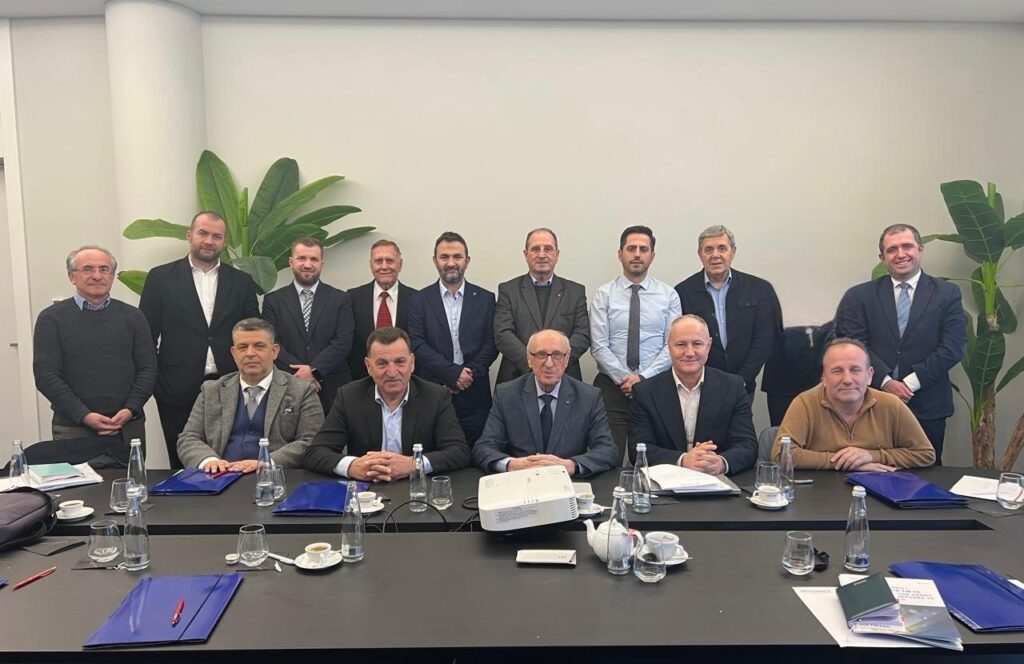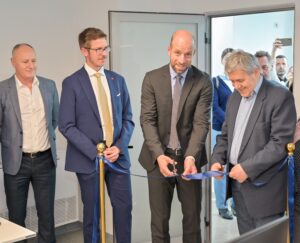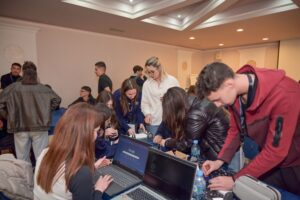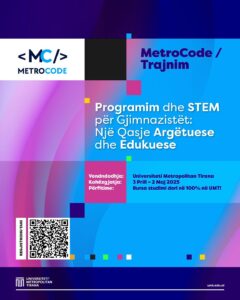
Representatives from ten Albanian non-public universities gathered in Durrës for a retreat organized by the League of Entrepreneurship in Quality Higher Education in the non-public sector.
This was not just an ordinary administrative meeting but a step toward a shared future—an effort to shape the destiny of non-public universities in Albania and define their role more clearly within the education system.
At the heart of this meeting were three key themes: improving the legal framework, internationalizing universities, and strengthening cooperation among them. In an open discussion, participants shared their challenges and ambitions to create a stronger and more competitive educational environment.
A New Legal Framework for Non-Public Universities
Non-public higher education in Albania has faced numerous challenges, from frequent legal adjustments to the often-misconceived perception that its quality does not match that of public institutions. Discussions at the retreat focused on ways to improve this reality: how can a legal framework be created that not only ensures quality but also supports the development of non-public universities?
“It’s not just about regulations. There is a need for a law that recognizes and strengthens the role of non-public universities, placing them on equal competitive ground with public ones,” said one participant, emphasizing the need for clearer and more supportive policies.
An Albania Connected to the Academic World
Internationalization was considered one of the most important elements for the future of non-public higher education. Albanian students are increasingly seeking internationally recognized degrees, opportunities to study abroad, and connections to the global job market.
How can this be achieved? University representatives proposed strategic partnerships with renowned international institutions, student exchange programs, and joint programs that enhance the value of Albanian degrees in the European and global markets.
“Our universities have potential. Our students are ambitious and talented. But without strong ties to the international academic community, we risk isolation,” noted another participant.
Cooperation as the Key to Success
Perhaps the most interesting aspect of this meeting was the idea of a new alliance among non-public universities. Instead of intense competition, representatives proposed a new approach: collaboration on research projects, sharing academic resources, and creating a permanent forum for addressing key sectoral issues.
This shift in approach is seen as a smart strategy to overcome common difficulties and build a more sustainable educational sector. One of the key ideas was the creation of a national network of non-public universities to help coordinate joint projects and represent their interests before state institutions.
This retreat was not just a theoretical discussion—it laid the foundation for concrete actions. Participants agreed on an action plan, including specific proposals for legal changes, initiating negotiations for international agreements, and establishing mechanisms for sustainable collaboration among universities.
At a time when higher education in Albania faces numerous challenges, this retreat sent a clear signal that non-public universities are ready to take a more active role and claim their rightful place on the country’s and the broader academic map.
Given the commitment and vision of the participants, it seems this is just the beginning of a new journey for non-public higher education in Albania.




